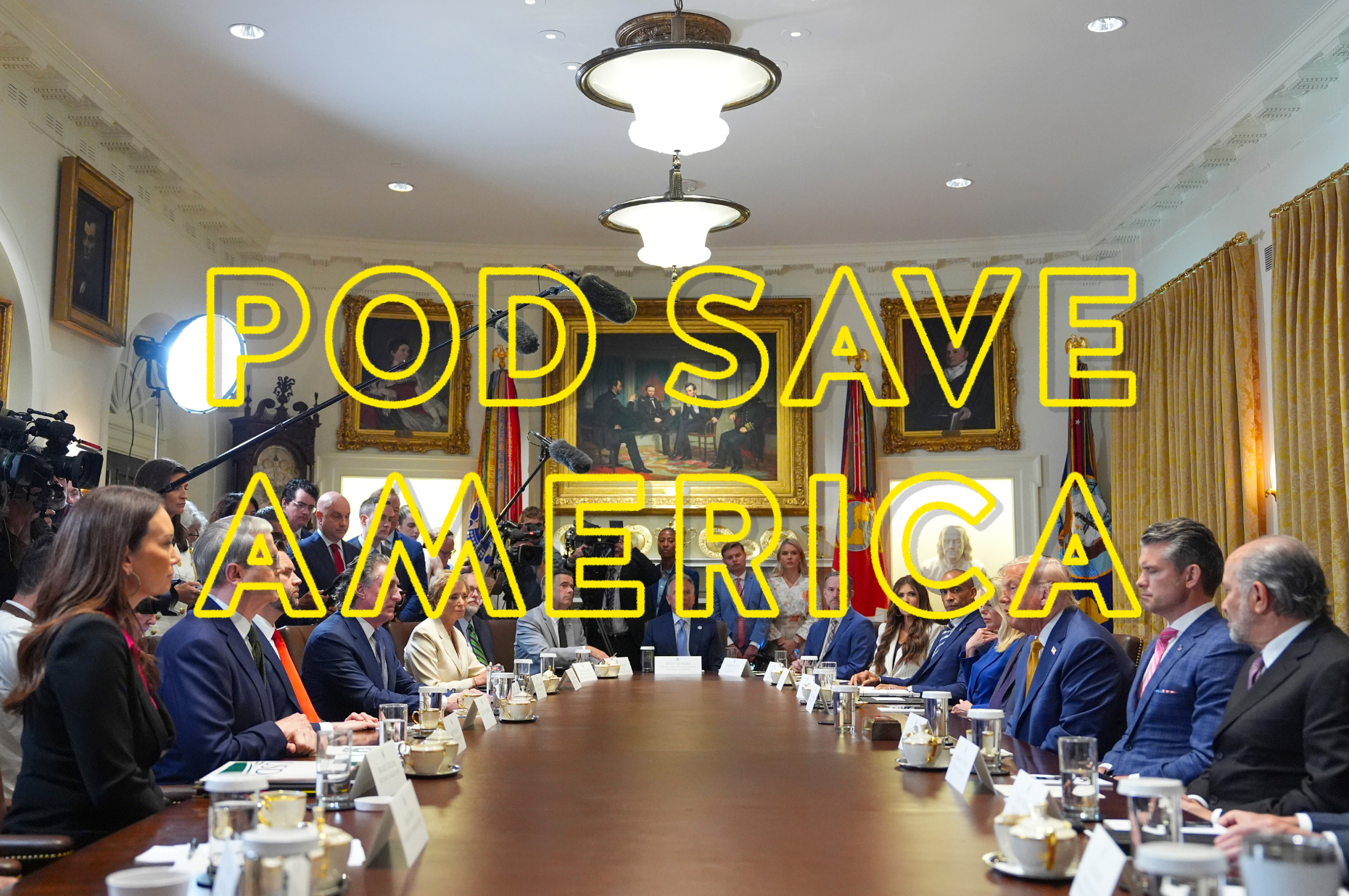
Immigration is a complicated issue and the potential solutions for our broken system merit much deeper discussion than the 60-second intervals Democratic candidates are given to answer questions during presidential primary debates. Even so, this week’s contests have been infuriating to watch both because of how the moderators framed their questions and how little so many of the candidates seem to know about the issue.
This story began in June, when Julian Castro issued a call to candidates to support repealing section 1325 of the immigration code—the provision the Trump administration has used to justify separating migrant families detained along the southern border. Section 1325 was enacted in 1929 and made it a misdemeanor to enter the U.S. without authorization. The law was seldom enforced for most of the years since—federal prosecutors have bigger fish to fry—but in 2005 the Bush administration ramped up enforcement to deter illegal crossings. By May 2019, immigration-related offenses such as illegal entry made up 51.1 percent of crimes prosecuted at the federal level, at the expense of other, more serious crimes. Now, Trump uses it as a pretext to charge migrants with committing crime, which allows him to imprison them and take their children away.
This week, the issue of decriminalizing border crossings returned to the conversation, but not in the context of ending the cruel policy of ripping children away from their parents as they seek asylum in the United States. On both nights, CNN moderators asked candidates whether decriminalizing border crossings will encourage more illegal immigration—lazy, dangerous framing that strips the proposal of context and plays into fears of “open borders.” On Wednesday, Castro chastised them for it. “Open borders is a right wing talking point… the only way that we are going to guarantee that we don’t have family separations in this country again is to repeal section 1325,” he responded.
The point of making unauthorized border crossing a civil offense instead of a criminal one is not to remove penalties or consequences for entering the country illegally, but rather to eliminate the tool Trump is using to separate families at the border—a policy that has outraged Americans of all walks of life. CNN’s moderators could have encouraged constructive debate over the issue by asking candidates how they intend to prevent the next Republican president from reimplementing Trump’s child separation policy, but adopting right-wing framing was central to their goal of stoking controversy and creating viral video, so they did not.
But the problem was not just with the moderators—it was with candidates themselves.
South Bend, IN, Mayor Pete Buttigieg answered the question in part by saying that when he is president, “illegally crossing the border will still be illegal.” Dana Bash pressed further, “just as a point of clarification, you did raise your hand in the last debate? You do want to decriminalize crossing the border illegally?” she asked.
“In my view if fraud is involved then that’s suitable for the criminal statue, if not then it should be handled under civil law,” he replied, conflating the issue of border crossings with fraudulent asylum claims which are not the same things. A person can cross the border illegally without necessarily seeking asylum, and asylum seekers can process claims without crossing the border illegally, although that has become increasingly difficult under the Trump administration. Castro has prompted several of his fellow progressive candidates to endorse repealing section 1325, but not everyone understands the policy implications as intricately as he does.
Other candidates like Beto O’Rourke, Steve Bullock, and Tim Ryan want family separations to end, but have not addressed how they would prevent the policy from being re-enacted by future Republican presidents without repealing the law that makes it possible today. Addressing Elizabeth Warren on Tuesday, Bullock said, “the challenge isn’t that it’s a criminal offense to cross the border. The challenge is that Donald Trump is president and using this to rip families apart.” But he is wrong because if the law didn’t exist, Trump wouldn’t have the authority to jail parents and take their children away, and neither would future presidents. “Laws matter, and it matters if we say our law is that we will lock people up who come here seeking refuge, who come here seeking asylum,” Warren responded.
The problem with anchoring the debate around “open borders” is not only that it plays to the ginned up fears of a Fox News audience, but also that it robs us of a wider debate over other pressing immigration issues. Family separations, children dying at the border, babies drowning while attempting to enter the country are all critical issues that need to be addressed. There is also the issue of what will happen to Dreamers if the Supreme Court rules, in a case it will decide next year, that DACA unconstitutional. And of course there are the 11 million undocumented immigrants who did not qualify for DACA protections, and are still waiting for a solution.
Candidates who support a path to citizenship for the 11 million undocumented immigrants living in the country, but who don’t want to decriminalize border crossings expose their lack of immigration policy knowledge. One of the biggest reasons undocumented people remain undocumented is because crossing the border is a crime which prevents them from being eligible to adjust their status. I was able to adjust my immigration status after being undocumented for over a decade because I never crossed the border illegally—my visa expired and that is considered a civil offense. But what’s the difference between someone like me who came in with a visa, and someone who crossed the border without authorization, if we are both considered undocumented? This is how broken our system is, and these are the type of nuances candidates should be familiar with, and know how to address.
We owe it to immigrant communities to expand the scope of the debate, and candidates owe it to these communities to understand the issues beyond their talking points.

